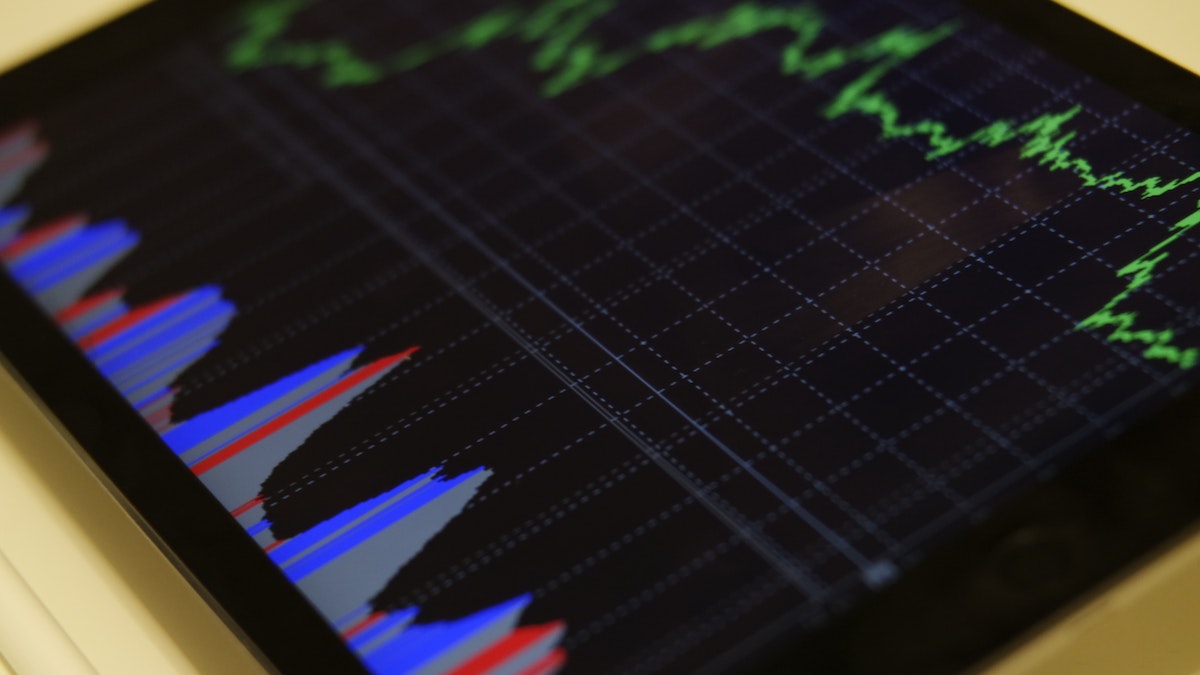A CFD is an arrangement between a buyer and a seller where the buyer agrees to pay the gap between the current value of an asset and its value at contract time. It allows traders to profit from price changes without owning the underlying assets. A CFD contract’s value is determined by the market price rather than the assets’ underlying value.
How do CFDs work?
An investor and a CFD broker agree to share the difference in value between a financial instrument’s opening and closing dates (securities or derivatives).
It’s a sophisticated trading method that requires advanced knowledge. There is no physical merchandise or securities delivery with CFDs. A CFD trader never truly owns the underlying asset; instead, they profit based on the price movement of that asset. For example, rather than purchasing or selling real gold, a trader might just bet whether the price of gold will rise.
Investors can utilise CFDs to make wagers on the price of an underlying asset or security increasing or declining. Traders can wager on either a higher or a lower price movement. If the trader who bought a CFD sees the asset’s value rise, they will sell their position. The variance between the buy and sale prices is netted together. The net difference, the profit from the trade, is paid out of the investor’s brokerage account.
The trader may take a sell position if they think the asset’s price will decline. The trade must be closed by purchasing an offsetting trade to terminate the position. Then, after subtracting out any losses, the difference is settled through their account via cash settlement.
Advantages of CFDs
One platform for global market access
All of the world’s major economies are represented, allowing investors round-the-clock access to many CFD brokers. There are many global markets where financial instruments known as CFDs can be transacted.
This service has low costs or fees associated with it
Brokerages earn money when the spread is paid, and they charge commissions and fees from time to time. You must pay the asking and bid prices to buy and sell or short a stock, and the difference between the prices is known as the ‘spread’. Other than that, there are usually low costs and fees associated with buying CFDs.
Limited shorting rules or borrowing stock
Certain jurisdictions have rules prohibiting shorting, necessitating the trader to borrow the instrument before selling short, or having different margin requirements for long and short bets. However, depending on the jurisdiction, some CFD contracts may be sold short for free since the trader does not own the underlying asset.
Higher leverage
Standard leverage in the CFD market is regulated. It was formerly limited to a 2% maintenance margin (50:1 leverage), but it is now restricted to a range of 3% (30:1 leverage) and might reach 50% (2:1 leverage). Increased margin requirements allow traders to receive higher profits with a smaller cash outlay and reduce the risk of losing all their funds. However, using more leverage may magnify a trader’s losses – therefore, it is important to ensure you have sufficient knowledge of leverage before utilising it.
Variety of trading opportunities
Brokers presently provide stock, index, treasury, currency, sector, and commodity CFDs. It helps speculators interested in various financial instruments trade CFDs rather than on exchanges.
Disadvantages of CFDs
Traders pay the spread
CFDs are a derivative product that has several benefits over conventional marketplaces. They do, however, have some drawbacks. One issue is that paying the spread on entries and exits prevents you from making money when the price changes. The spread also reduces your winning trades by a small amount compared to the underlying asset, resulting in minor losses. While traditional markets entail costs, rules, commissions, and higher financial standards, CFDs reduce profits by reducing spreads.
Poor industry regulation
The CFD business is not mainly regulated, and credibility in the market for CFDs is based on reputation, longevity, and financial stability rather than government authority or liquidity. There are several solid CFD dealers, but it’s vital to look into a broker’s history before establishing an account.


